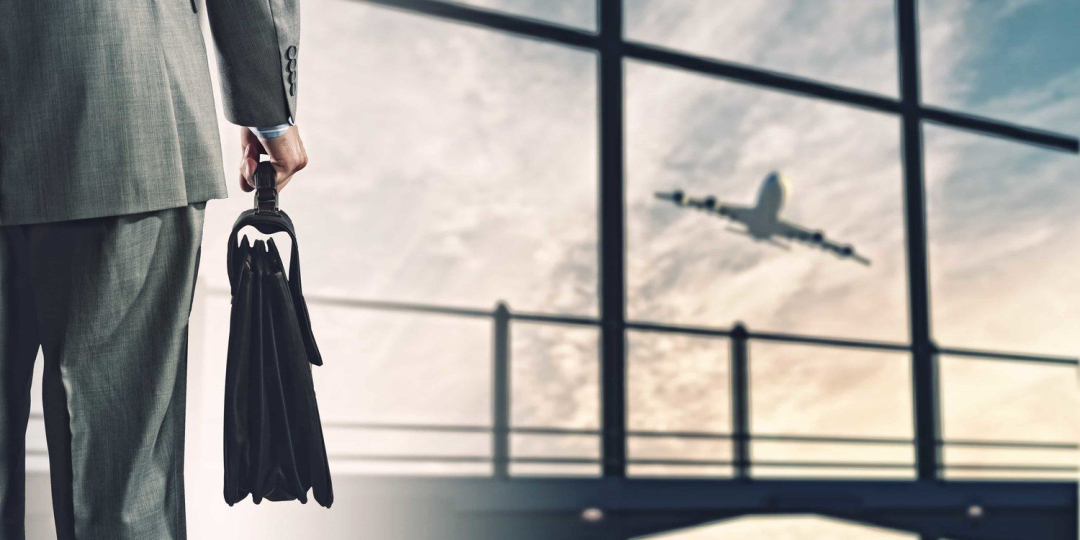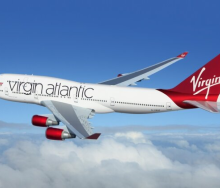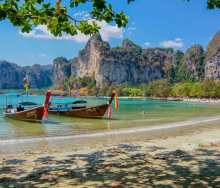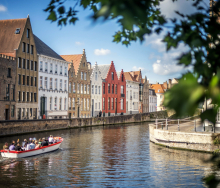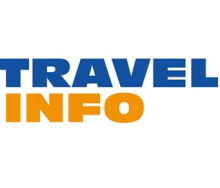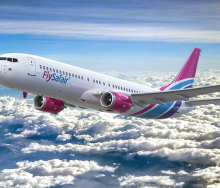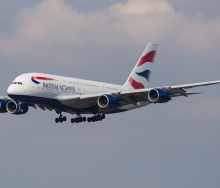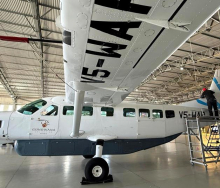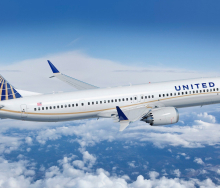CORPORATE travel buyers speaking during a recent Abta (African Business Travel Association) webinar have confirmed that while they have cut travel budgets, they don’t plan to cut ties with their TMCs.
The webinar addressed questions around how buyers expected their corporate travel programmes to change post COVID-19.
According to a survey Abta conducted among its members prior to the webinar, 80% of respondents confirmed they would maintain their TMC relationships since they were playing a critical role, while 16% said they were doing it themselves, and 4% were unsure.
Wendy Acker, travel coordinator at The Foschini Group, said its TMC had played a huge part in the consolidation and keeping track of vouchers, as well as advising them on the availability of suppliers. “The operating model may change, but we still need them.”
Adaeze Okonkwo, head: Travel & Protocol for Access Bank PLC Nigeria, agreed that its TMCs had helped so much with ticket refunds as well as driving down costs. While policy documents were under a downward review, the plan was to stick with the TMCs.
Buyers said travel budgets had been slashed and that only critical travellers would be travelling in the near future. They did expect travel prices to increase as travel companies got back on their feet, which would result in less travel, as they would have to maintain the new budgets.
Another factor contributing to reduced travel post-COVID-19 was that travellers were acclimatising to online platforms to achieve business objectives. According to the ABTA survey, 80% of participants said travel would be reduced even after travel bans were lifted because staff had become so used to online meetings and webinars.
Wendy confirmed that the lockdown had forced people to learn how to cope with remote working and she did not expect to see people rushing back to travel. “The key and business-critical people on the operational side will potentially travel first, but staff will continue with meetings online for now.”
Corrie Fourie, executive assistant to the md and fd as well as travel manager at a multinational pharmaceutical company, said the directors and management teams were considered as critical travellers as well as the technical staff who had to travel to other provinces to service machines being used in ICU units. He projected that for the rest of the year, their domestic travel would be at about 40% of what it had been, with international travel at 30%, if that. “I think it will take at least 12 months for travel to get back to what we see as normal.”
Adaeze projected a reduction of up to 60% in travel, as staff were accomplishing more than they thought they could through online platforms. “If travel prices go up, we will travel less. The budget has to come down and safety is paramount. People need to be so careful about travelling until a vaccine is available.”
Buyers did not plan to do away with supplier agreements, but would not disregard cheaper dynamic deals.
Phale Naake, director: Strategic Procurement: Government Travel Services for National Treasury, commended travel service providers who had already taken steps to be compliant with the COVID-19 Disaster Management Act regulations. He encouraged suppliers to continue showing how they were mitigating risk to reassure clients and to remain competitive.

